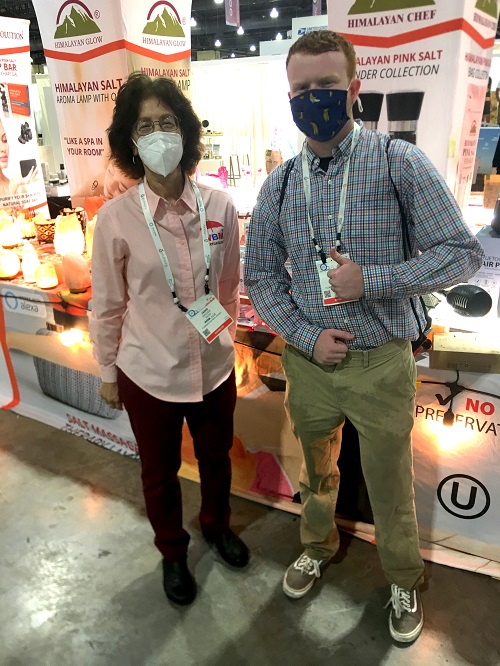Supply Chain Internship
Supply Chain Internship
Supply chain interns develop connections for the future
Supply chain challenges have dominated headlines since the pandemic began. But, like many crises, it provided extraordinary learning opportunities for students such as RCB's supply chain interns.
“Internships provide a kind of a prelude or sneak peek of what students can expect when their studies are over and they leave the college,” said Saravanan Kuppusamy, assistant professor, Marketing and Business Information Systems. Internships also help reinforce what students learn in the classroom. “They have a better grasp of concepts, and they know how to ask informed questions,” he said.
Supply chain experience is very marketable. “No matter what kind of background or degree you have, having a supply chain background helps you operationalize what you want to do for your business,” Kuppusamy said.
 This year, Janis Grover, president of Grover Global Food Marketing and a member of RCB’s Supply Chain and Logistics Advisory Council, helped connect students with two-month supply chain internships with WBM International in Flemington.
This year, Janis Grover, president of Grover Global Food Marketing and a member of RCB’s Supply Chain and Logistics Advisory Council, helped connect students with two-month supply chain internships with WBM International in Flemington.
“I thought it was a good fit because they have a warehouse, they manage importing and distribution. They’re always hiring people to do everything from moving products to packing products, so it’s a real hands-on experience,” she said.
Liam Hardy ’22, a supply chain major from Bridgewater, worked with assembly lines and prepared shipments. “The term I heard a lot was warehouse street knowledge,” he said. “I learned a lot about what goes on in the warehouse and obtained hands-on experience that will make me marketable for future jobs.”
Hardy also met Grover during his internship and later began working on projects for her. He visited retail outlets to collect pricing and samples that she could share with her international clients, demonstrating how products were performing in the U.S. market. “It was very interesting,” Hardy said. “I got to sit in on different calls she had with clients.”
Students gain confidence through these projects and recognize the value of their experience, Grover said. They provide international clients with a perspective that clients may not have if they have not been in a U.S. store or warehouse.
Students also have technical knowledge and are within a demographic that is very helpful, she explained. The pandemic has swiftly pushed business from office settings to e-commerce to m-commerce, where professionals make purchasing decisions for major retailers and distributors on their phones.
“The company’s idea was extremely valuable because this is like a small market research project,” Grover said. “Where else would they get input from someone who is more knowledgeable? They are your target audience.”


